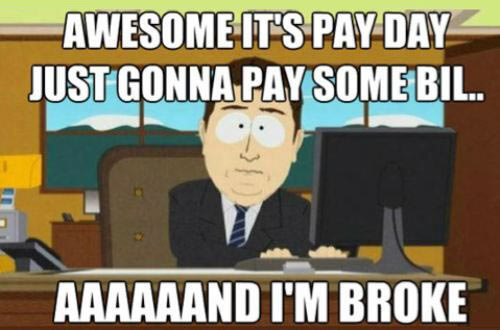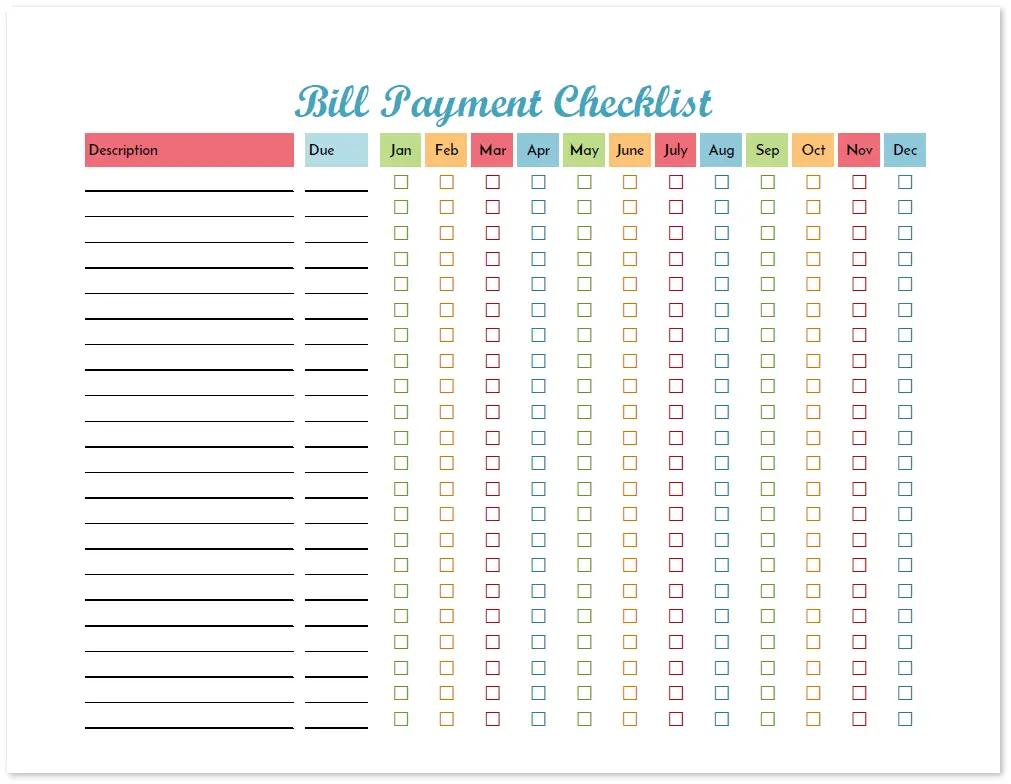

“It was rough,” says the illustrator Chris Torres, 35, from Dallas, of the early years after his meme went viral. It’s something that happens to you, an external force entirely out of your control, like falling in love, or winning the lottery. Last year, the model Emily Ratajkowski wrote a heartfelt essay about her attempt to block an unauthorised book of her photographs from going on sale.Įvery time they plunge into digital waters, internet users accept the risk that they may go viral their images may be used without their consent strangers may mock them, take what they say in bad faith or even make them the villain of the day on Twitter. Women in public life tend to suffer the most as a result of this abuse, be it through sexually explicit deep fakes or nude photo leaks, such as in 2014’s Fappening. But the internet has supercharged the process by which people can appropriate each other’s creative property, whether it’s music (through the now defunct filesharing platform Napster) or movies.

The scurrilous cartoonists of revolutionary France depicted Marie Antoinette in pornographic poses, while, in 1989, the artist Shepard Fairey used an image of André the Giant in his Obey Giant street-art campaign, to the displeasure of the wrestler’s family. I mages have been misappropriated for as long as we have had the technology to reproduce media at scale. “Who cares how disappointing it was for five years,” says McCurry, voice pregnant with hope. While he is there, McCurry will be anxiously contemplating a future in which Harambe, from beyond the grave, has the power to change his life beyond recognition. This afternoon, the original file of Harambe’s photo will be listed for auction this evening, McCurry will attend a candlelit vigil for the fallen gorilla outside the zoo. On the day we speak, it is the fifth anniversary of Harambe’s death. Like many other meme creators, McCurry has seen this emerging trend, and he wants a taste. Unbelievably, in June an NFT of “Doge”, the image of a shiba inu dog long held to be one of the internet’s most popular memes, sold for £2.8m on the auction site Zora.

In the minds of these collectors, NFTs of these memes and viral videos are akin to cave art, painted across the walls of the web by the flickering firelight of a dial-up modem: the viral video Charlie Bit My Finger sold (the actual bidding was done in the ethereum currency) for the equivalent of £538,000 in May the meme Disaster Girl sold for £350,000 in April, and the meme Overly Attached Girlfriend sold for £289,000, also in April. Collectors want to “own” the original digital file from which all the memes subsequently sprang: in McCurry’s case, the unedited, uncropped picture of Harambe, direct from his memory card. Since early 2021, wealthy collectors have started buying slices of early internet history: the original versions of the rudimentary viral videos and memes from the early days of the internet. The rock band Kings of Leon have generated more than £1.4m in NFT sales of their music this year alone. Once the files are uploaded and verified by a third party, they acquire a rarefied status, in much the same way as a hard-to-find stamp or unique piece of couture. NFTs can be used to record ownership of just about anything: digital art, music, films, games and pornography.

These are unique digital assets that are stored on a blockchain, a decentralised ledger of transactions, the same technology used to buy and sell cryptocurrencies. Then non-fungible tokens (NFTs sometimes pronounced as “niftys”) came along. If you have no debt, although companies don’t advertise it, asking to switch to a variable direct debit means you will only pay for the energy you use each month, and you can try to cut bills by reducing your consumption.McCurry’s image of Harambe. “If you can’t afford to pay your bills, it is better to communicate with your energy provider. Hatvani’s group is campaigning for the government to issue more targeted help for lower-income households, but she fears a non-payment protest would threaten people’s finances. “Cancelling your direct debit will . . . take you out of any existing payment plan and you will lose your discount, adding 7 to 8 per cent to energy bills,” said Gemma Hatvani, founder of the Facebook group Energy Support and Advice UK. However, consumer and charity groups have warned consumers that ending direct debits could force them on to more expensive prepayment meters or damage their credit record. Donate to the Financial Literacy & Inclusion Campaign here


 0 kommentar(er)
0 kommentar(er)
